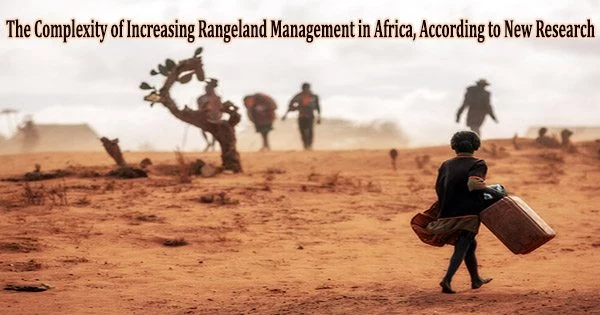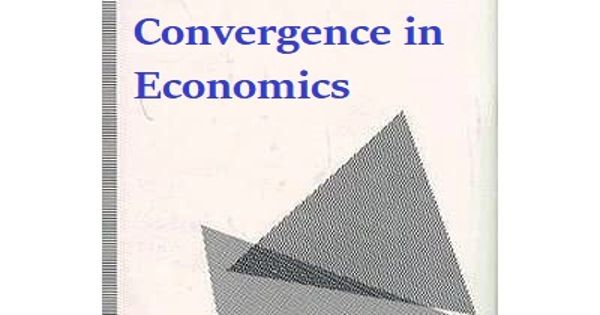Particularly when people need to share scarce resources, the world is a wickedly complicated place. For instance, herding communities in northern Namibia suffer from poverty, drought, and ruined environments.
International organizations that desire to support development organizations have made multiple unsuccessful attempts to use outside funding to better these communities’ conditions. Up until today, the causes of the failures have remained a mystery.
Researchers from the Quinney College of Natural Resources and colleagues from four other institutions recently looked at the disconnect. The investments were undertaken with the noble intention of raising household incomes and enhancing rangeland conditions at 1,000 locations in the overgrazed part of Namibia, where cattle continue to be the main source of revenue.
The idea was that by coordinating and promoting better land use practices (based on rotational grazing and controlled stocking rates), rangelands would provide more forage, cattle would be healthier, and households would reap financial rewards.
Teams worked with communities for four years as part of the investment initiative to create locally specific plans for managing rangelands, managing livestock, and marketing cattle.
The initiative provided communities with a variety of services, including improved water infrastructure, education on livestock marketing, rangeland management, and animal husbandry, in addition to loans, grants, and other forms of technical support. It developed neighborhood groups to manage and coordinate these initiatives.
Researchers discovered that the investment initiative caused significant and enduring changes in human behavior six years after the project’s inception, including increased focus on rangeland grazing stewardship and community collaboration.
However, the programme had minimal overall impact on household finances, cattle output, and rangeland health. Over the course of the study, the incidence of overgrazing may have even grown in some instances.
The initiative was successful in getting people involved, which is a good thing, but the researchers discovered that it was too difficult to enforce the grazing limitations consistently. Ironically, persons with herds from beyond the study area were drawn to the recovering rangelands for additional grazing, eliminating any possible environmental advantages, in areas where ecosystems were temporarily enhanced.
Another incorrect assumption was that providing marketing incentives would motivate herd owners to sell more cattle, easing the strain on rangelands. However, herd owners continued a practice of cattle acquisition, a cultural symbol of prosperity, despite the incentives not causing this to occur.
A deeper comprehension of local cultures is required to address this. According to project researcher Layne Coppock, African herders are not American ranchers, and subsistence cattle raising differs from commercial endeavors in significant practical and cultural dimensions.
The scientists also emphasized that ecosystem changes take time to take place, even in the finest environmental conditions, and that the region’s ongoing drought made it more challenging to demonstrate ecological advantages throughout the course of the project.
As a result, despite uneven results, additional favorable improvements could potentially materialize as community governance and collaborative action gain traction. The researchers concluded that there is much to be learned from this research for others working to address comparable issues in rural Africa.
Organizations will have a better understanding of what types of actions succeed and what don’t by making post-project assessments a standard component of such initiatives. Bottom-up engagement among project stakeholders during design phases is also important to identify key constraints that could limit impact, they said.
















